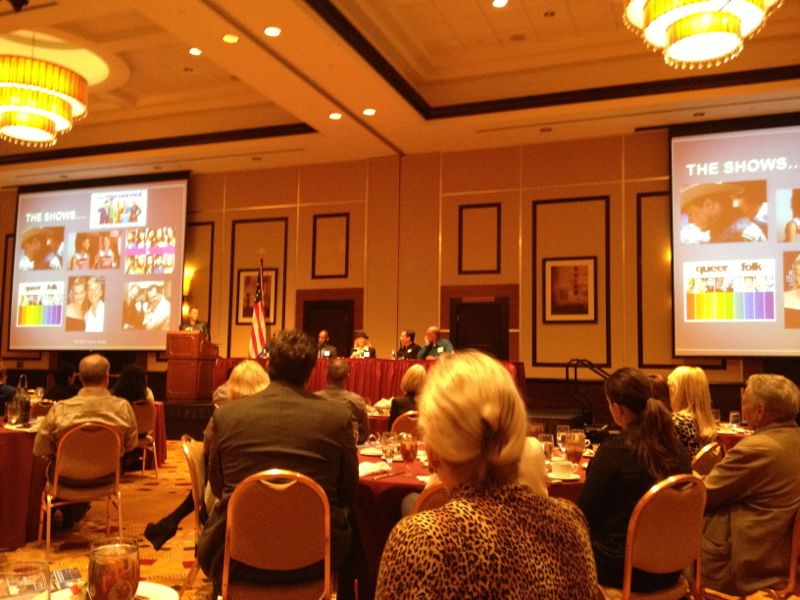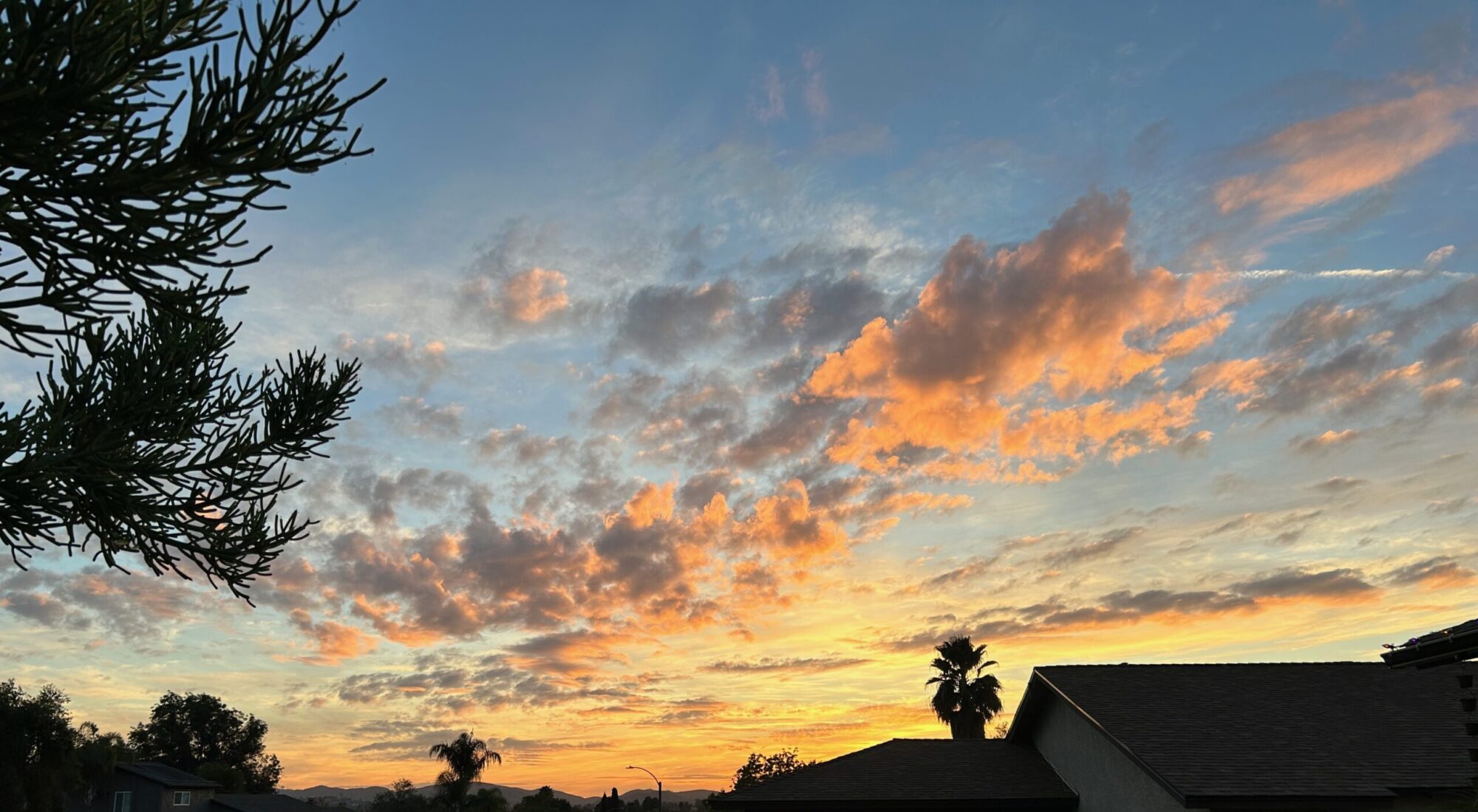
Friends,
I attended the American Advertising Federation (Desert Cities, don’t you know) luncheon this afternoon and it was a head-scratching affair. After meeting the advertising bigwigs in the desert, who were all very kind and welcoming, we sat down for lunch and listened to a panel of experts in marketing to the LBGT community. Granted that community isn’t a protected class in the Coachella Valley by the most fanciful stretch of the imagination, but I still have questions. Two big questions…
The lesser of the two, which is the most immediately important to me in my position as the spokesmodel (don’t judge) for the Far Eastern Outpost of San Diego’s Omnipresent Charitable Organization seems unanswerable. Presuming that the LBGT community is as highly political and willing to punish companies that aren’t as LBGT-friendly as the panel claimed this afternoon, how do I as the message crafter for a charity that is only loosely connected to the Catholic church and its dictums against homosexuality appeal to the LBGT community in a meaningful way? (whew! what an annoyingly long, run-on sentence! tighten it up, won’t you? – ed) This question leads to the next question, but stay with me for a second.
The wrinkle here is that if I wanted to try to appeal to the LBGT folks, which I do in a way that I’ll explain in a bit, would that offend the powers that might not appreciate that discussion? Is there a contingent at my workplace that might consider an appeal to people they might consider to be evil (or sinful or damned or the latest epithet) in itself evil?
The statistics trotted out at the luncheon were compelling: more disposable income, more cocktails and less beer (file that away for later), more technologically savvy, more brand loyalty. Some of these statistics are easy to explain while others like the cocktail thing are more difficult, but it’s easy to see why the room was packed with ad guys hoping to glean some insight. They want to sell stuff and need to know that the shirtless plumber ad is too transparent and that the community absolutely doesn’t appreciate pandering.
This is all fine, but it leads me neatly to my second question: When might we not have to tiptoe around everyone all the time? Like every group of people on the planet, there are nice gay people and terrible gay people. Friendly gay people and hateful gay people. Black, white, brown, beige, and pink. There are the same pockets of this and that in every discernible segment of the population, so I really actually don’t get why the “LBGT market” needs any special treatment. “Don’t pander,” the panelists warned. I couldn’t agree more.
Will I get resistance for advertising in Gannett’s Desert Outlook magazine or any of the other on- or off-line LBGT publications from the far-right donors? I imagine so but I’m not sure that I care. I think a lot of people are interested in the story of the Far Eastern Outpost, not just those whose ethical outlook is proscribed by a smaller world view (that I happen to find infuriating, but that’s another post). It’s just people, everybody. Some people will choose to be donors and some won’t. Some will find the things happening at the charity are worth supporting with their time or with their cash and some won’t. I don’t think it has too much to do with who someone chooses to sleep with, do you?
I didn’t think so.
Your pal,
– bob
POSTSCRIPT: Since I’m my own editor (i don’t have the time. i’m working on payroll and we need to have a talk about your lunch penalties. -ed) I’ve been reading this over and making edits for clarity. After pouring over each word, I’m annoyed by the labels. The panelists at the luncheon referred to those of us straight people who advocate and demand basic human rights like equal treatment for everyone no matter who they choose to love as “allies.” Like we’re a special class too. Protecting and supporting our fellows should be the baseline, not special. I’m not sure what’s more annoying; the label or the perceived need for one.
